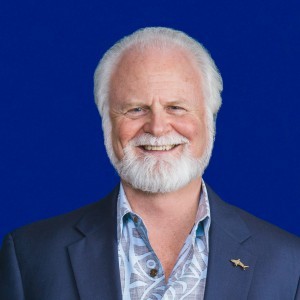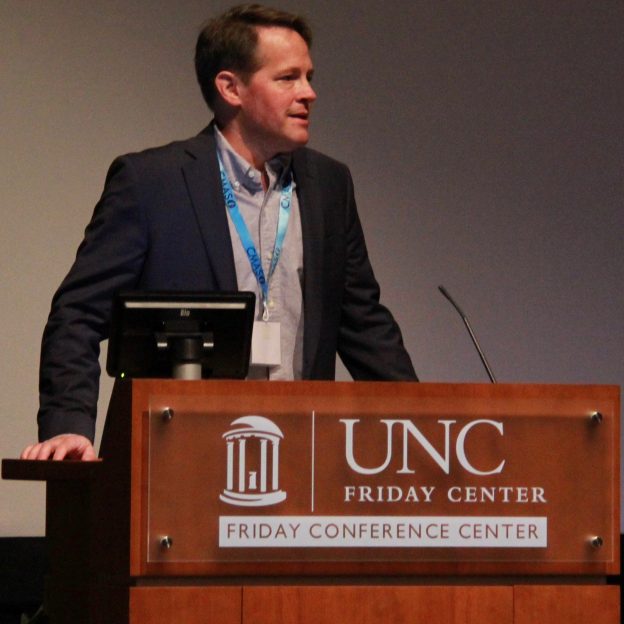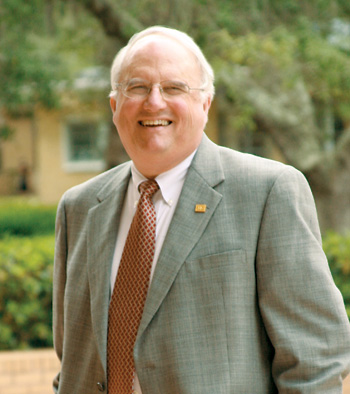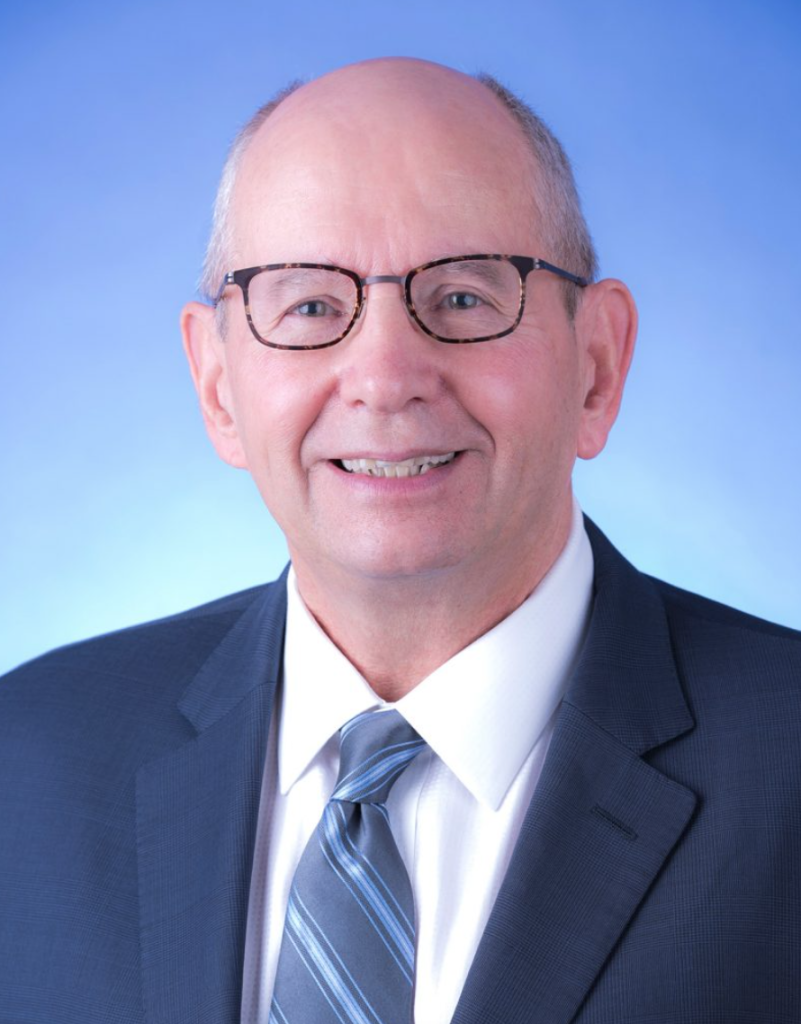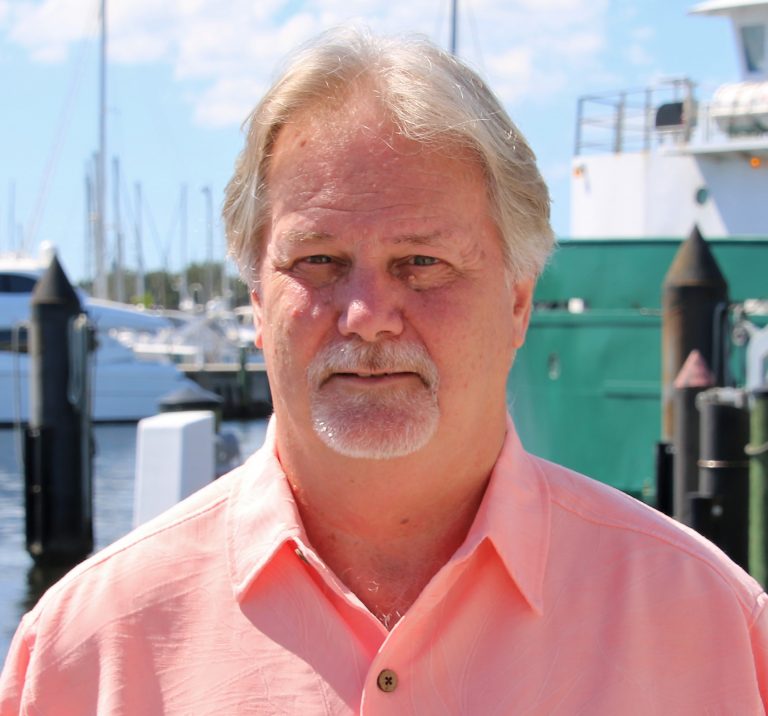Congratulations to the 2021 – 2022 Executive Committee! We are honored to be working with this talented group of individuals. The SECOORA Executive Committee plays an important role in sustaining our success. If you are interested in becoming a SECOORA member, click here. Please read the biographies below to meet the new Executive Committee.
Michael Crosby, Chair
Dr. Crosby has over 30 years of diverse research, teaching, science management, and leadership endeavors, including developing national policy and administrative aspects for our country’s science programs. He has developed, managed, and conducted major multi-disciplinary research projects and partnerships with numerous universities, national and international science and resource management agencies, programs, and committees – including a U.S. Man and the Biosphere Program project entitled “Ecological and socio-economic impacts of alternative access management strategies in marine and coastal protected areas”; the U.S., Israeli and Jordanian joint partnership project entitled “The Red Sea Marine Peace Park Cooperative Research, Monitoring and Management Program”; and the Hawai‘i State EPSCoR project entitled “Pacific High Island Evolutionary Biogeography: Impacts of Invasive Species, Anthropogenic Activity and Climate Change on Hawaiian Focal Species.” Many of these endeavors focused on improving the “synthesis, translation and transfer” of science and technical information between research, public policy, and stakeholder communities.
In May 2013, Dr. Crosby was appointed as President & CEO of Mote Marine Laboratory and Aquarium, an independent research institution that has been a leader in marine research for 60 years. Dr. Crosby had previously served for three years as Mote’s Senior Vice President for Research.
Please click here, for Dr. Crosby’s full biography.
Michael Piehler, Vice-Chair
Dr. Piehler is a professor at The University of North Carolina Chapel Hill Institute of Marine Science and the Director of The University of North Carolina’s Institute for the Environment. He is the Chief Sustainability Officer and Special Assistant to the Chancellor for Sustainability.
Dr. Piehler studies microorganisms and microbially mediated processes in coastal land-water interfaces (particularly wetlands) and near-shore waters. His research spans a broad range of microbial systems including microphytobenthic communities, epiphytic microalgae, benthic bacterial communities, bacterioplankton, and phytoplankton. The land-water interface is an area of intensive biogeochemical cycling and trophic interactions involving microorganisms. It is also an area of extensive human activity, making the interactions of pollutants and native microbial communities in the land-water interface a significant issue in developed coastal environments.
For more information about Dr. Piehler and his research, click here.
Quinton White, Secretary
A. Quinton White, Jr., Ph.D., is Executive Director, Marine Science Research Institute and Professor of Biology and Marine Science at Jacksonville University. Dr. White joined the faculty at Jacksonville University in 1976, having completed his Ph.D. at the University of South Carolina at the Baruch Institute for Marine Biology and Coastal Research. Dr. White has written numerous research and technical papers or reports and received grants and contracts to support marine research at JU. Currently, he is conducting research on the history of human impact on the Florida environment and especially on the St. Johns River with a focus on manatees and water quality issues. Dr. White has been active in the Jacksonville community. He writes a monthly column in the Florida Times-Union called “River Life” focusing on river-related issues. He serves as a consultant to the City of Jacksonville’s Waterways Commission. He was active in establishing the shark tracking organization OCEARCH at JU as an exciting new program now affiliated with the MSRI.
Please click here, for more information on Dr. White.
Jim Murley, Treasurer
James F. Murley was appointed the Chief Resiliency Officer for Miami Dade County, which is a participant in the Rockefeller 100 Resilient Cities Program. In this position, he will be responsible for securing the county’s fate over the next century as sea levels are expected to rise by at least one foot. He has also been tasked with making sure that the county is prepared for hurricanes, population spikes, and other sudden stresses. Murley was also recently appointed to the City of Miami Sea Level Rise Committee and has spent over 10 years with the Florida Atlantic University, where he oversaw research on urban and environmental issues. He is a founding Board member of the American Society for Adaptation Professionals and a Fellow at the National Academy of Public Administration.
Murley has served as the Secretary of the Department of Community Affairs, chaired the Florida Energy and Climate Commission, and served as the Executive Director of 1000 Friends of Florida and the Executive Director of the South Florida Regional Planning Council. He is a former Vice-Chair of the Miami-Dade County Sea Level Rise Task Force and is a veteran of the planning side of government.
He has also served as Head of the Florida Department of Community Affairs and the Director of Florida Atlantic University’s Center for Urban and Environmental Solutions.
Please click here, for Jim Murley’s full biography.
Gary Mitchum, At-Large
Professor Mitchum has been a faculty member in the College of Marine Science at the University of South Florida since 1996. Prior to coming to the USF, he was a faculty member in the Department of Oceanography at the University of Hawaii where he was also the Director of the University of Hawaii Sea Level Center. His interest in sea-level rise began there in the mid-1980s, and he remains especially interested in the study of 20th-century sea-level rise. Professor Mitchum’s research focuses on the use of satellite and in situ data to study sea-level variations and climate change. In addition, he also works on a wide variety of problems in the general area of ocean physics, including ocean eddies, the El Nino phenomenon, internal tides, and various types of ocean waves. He also has a long-standing interest in the application of ocean physics to improve our understanding of fisheries.
Dr. Mitchum currently serves as the Associate Dean for Research for the college.
Please click here, for Dr. Mitchum’s full biography.
Related news
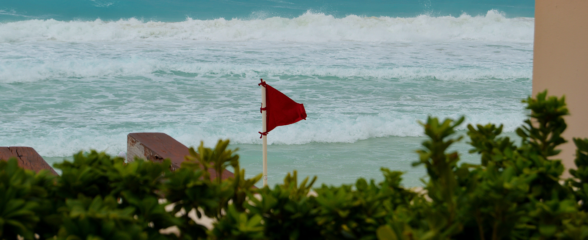
President Biden Proposes Significant Budget Cuts to IOOS for 2025
President Biden’s recent 2025 budget proposal slashed the funding allocated for the Integrated Ocean Observing System (IOOS) by 76%, which would effectively shut down coastal and ocean observing efforts.
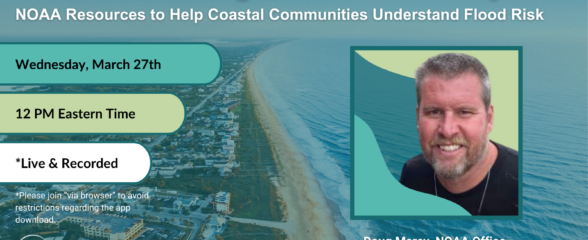
Webinar: NOAA Resources to Help Coastal Communities Understand Flood Risk
Join us Wednesday, March 27th at 12 PM Eastern Time for SECOORA's Coastal Observing in Your Community Webinar Series to hear from Doug Marcy with the NOAA Office for Coastal Management.

Hiring: SCDRP Program Coordinator
The Southeast & Caribbean Disaster Resilience Partnership (SCDRP) is seeking a part-time Program Coordinator. Applications are due by April 1st, 2024.
